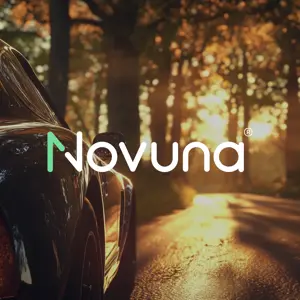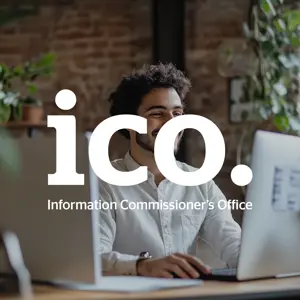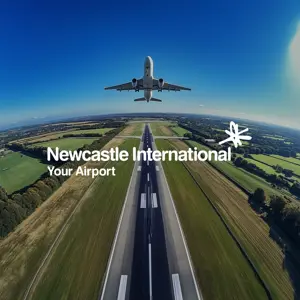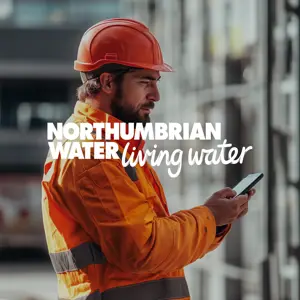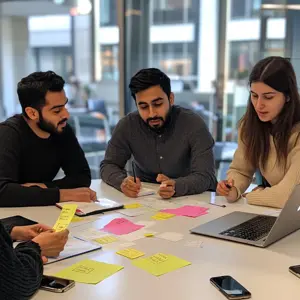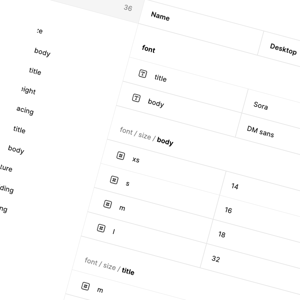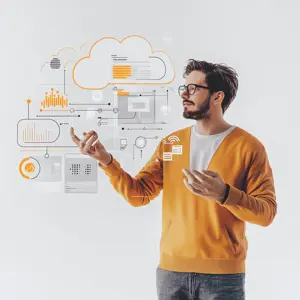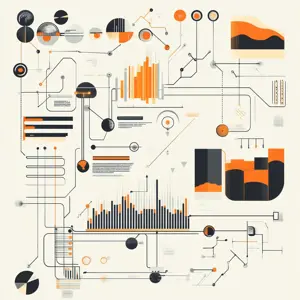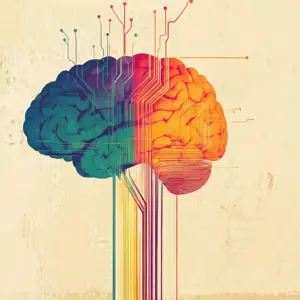5G, beacon technology, artificial intelligence and wearables are now fairly prevalent, but it is not always obvious how to incorporate these technologies into a digital transformation strategy. In this piece we pick out some ideas and questions to spark ideas about where these technologies might offer opportunities for your organisation. We often warn against using a specific technology as the starting point for a digital transformation, but considering the opportunities brought by a technology can spark new ideas for an angle to tackle a business challenge. Mobile phones and wearable technology are part of everyday life, and the secret to delighting your customers and your own employees is often as simple as making a task a little easier to complete, or providing a piece of information at exactly the right time.
5G
5G reduces network latency, with more bandwidth and stronger connection and is being adopted faster than any previous generation of mobile connection. The opportunities here go beyond better mobile phone service - consider the potential in your organisation for Internet of Things (IoT) projects. Could connecting devices and equipment in manufacturing, warehousing or healthcare settings unlock your digital transformation?
A lack of fast, reliable internet connectivity has been a barrier for education, remote working and many businesses, but 5G rollout is gradually improving that, and Fixed Broadband via 5G will bring internet connectivity to those who cannot practically or economically be reached by a traditional wired connection. Where is this having an impact for your organisation? Is a project that wasn't previously feasible now an option? Could you improve customer experience by connecting disparate processes? Are your employees now able to be online when before it was impractical? Could this drive business efficiency or improve customer service?
Beacon Tech
Bluetooth beacons were once hyped as the future of out-of-store marketing, with a focus on pushing offers and vouchers to customers as they passed, but customer appetite for that use has been limited. However, a more creative use of proximity-based technology has been successful for some. Where users are engaged enough to grant the required permissions, this is still a great opportunity to give a really specific location-based experience - think guided tours of museums, distilleries and breweries, stadiums or even whole city centres. A virtual rep experience on a holiday resort? What about employee experience – could visitors benefit from location-specific experiences for at your site? Could this help onboard staff in large workplaces?
For more inspiration, have a look at how Newcastle United used beacons to enhance their stadium tour
Wearables
Better battery life and smaller GPS units make fitness trackers and smart watches more comfortable than ever. Watch apps offer simple, glanceable information, that easily integrates into a user’s day.
Where could a watch app support your organisational goals? Do you have workers in the field who would benefit from at-a-glance information on their wrist? Do your team need regular updates that could be delivered in a bite sized way to a watch app?
What about worker wellbeing? In the US, businesses are engaging employees with health messaging and using fitness tracker data to directly reduce healthcare/insurance costs for the business.
Do you want to get ahead of the curve? The next generation of wearables will go beyond fitness trackers, with products like Ray-Ban’s smart glasses with camera, audio and touch control functions, and glove-like wearables that allow users to control their devices with natural hand movements…
For more inspiration, see how Northumbrian Water have developed a watch app that allows employees to engage with simple questions and send pre-written responses, which is then integrated with health data in order to monitor field worker safety and fatigue.
Artificial Intelligence
AI may conjure images of futuristic robots, but the opportunities in data analysis and pattern spotting are probably more relevant to organisations today. AI can help create customized experiences and go beyond marketing data to put the right information at the fingertips of customers in real time.
AI driven chat bots have revolutionised customer experience and helped businesses during challenging employment conditions, using aggregated data to understand what will be helpful to customers and to carry out straightforward tasks, like providing a meter reading or checking an order status without the need for a human to intervene. A chatbot may feel unglamourous, but for many businesses it is behind the scenes processes that offer the most opportunity for impactful transformation – freeing up time and resources and improving customer satisfaction.
Do you have big data sets that you’re not able to activate? Does your team deal with a lot of repeated, straightforward questions that just need a quick lookup to solve? Could you hand that off to an AI driven online service?
